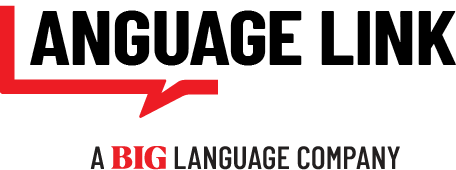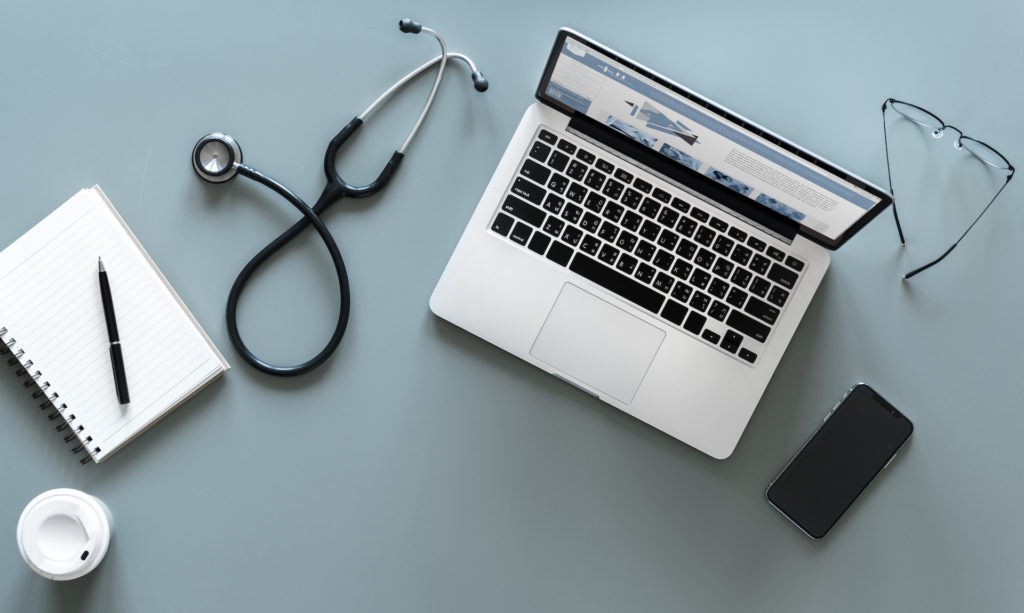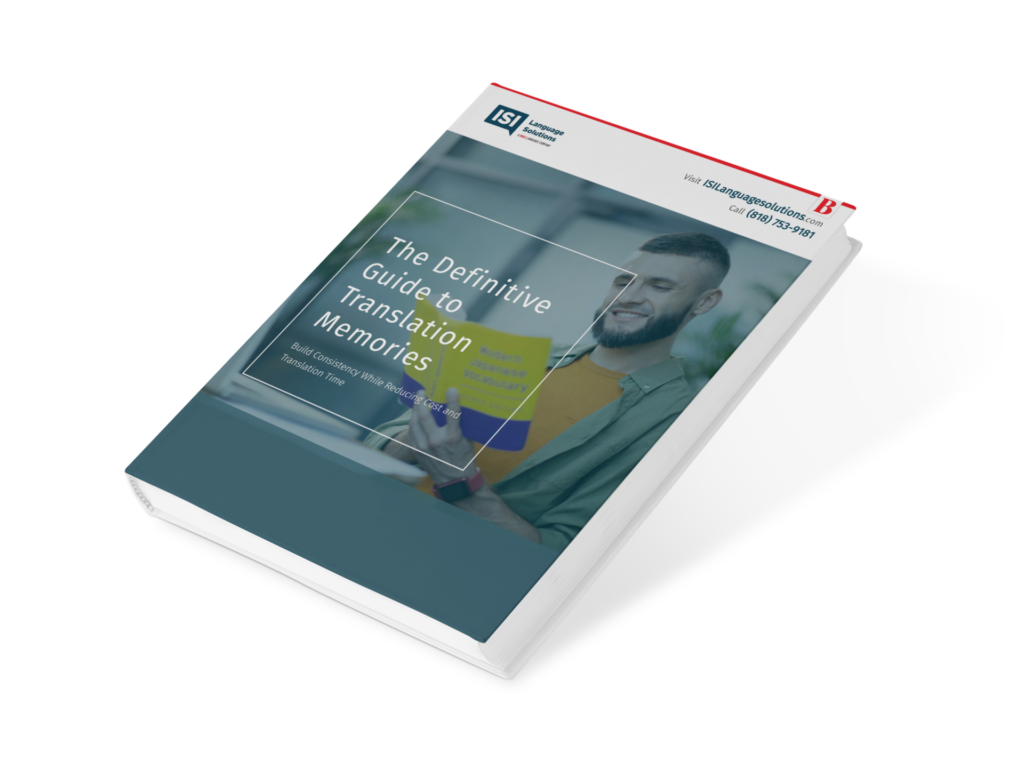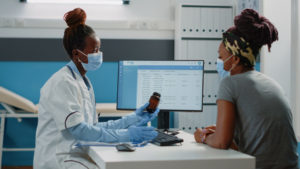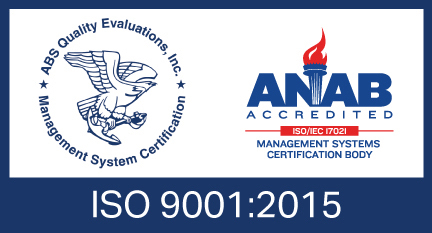In a recent article for MedCityNews, M&A specialist David Magnani outlined the top 7 challenges facing the medical device market.
The global medical device market is projected to exceed a total market size of $700 billion in 2030, according to recent estimates by GlobalData, a leading data, and analytics company. This represents an impressive recovery from the impact on this sector wrought by COVID-19.
As David Magnani explained in his recent article for MedCityNews, the pandemic crippled global supply chains, delaying product deliveries and inflating the price of materials. Meanwhile, healthcare costs, regulatory challenges, and cybersecurity are growing concerns, alongside counterfeiting and imitation, recalls and lawsuits, and interdisciplinary competition.
As a provider of specialist language solutions to leading organizations in the life science field, including medical device manufacturers, DWL aims to support customers to address these seven challenges in our own way.
1. Disrupted supply chains
Like most Language Service Providers (LSPs), we rely on professional medical translators based around the world. As the pandemic struck, we needed to be sure that our network of trusted freelancers was not disrupted. To assess its resilience, we asked around 800 of those translators about the strength of their translation business and their optimism for the future. The results suggest that business was good as the COVID-19 lockdowns hit and, despite a reduction in workload for some, most respondents’ businesses were not adversely affected. Most were also confident that the need for medical translations would be sheltered from economic downturns caused by the pandemic.
2. Rising healthcare costs
When budgets become tight, it is incumbent on every supplier to help customers realize cost savings, whether through added efficiencies or strategic decision-making. From our perspective, that means harnessing the potential of technology, such as computer-assisted and machine translation, and streamlining workflows to lower costs and drive efficiencies. As a BIG Language Solutions company, DWL can also provide customers with competitive prices for patent translation and foreign filing services – in some cases, leading to a 30%+ cost saving.

3. Regulatory challenges
Translating the documentation required to commercialize medical devices can pose a unique challenge since it requires both technical and medical expertise. Device manufacturers need the support of a specialist LSP if they are to ensure their translations comply with local regulatory requirements and are delivered in time. We summarised the EU Medical Device Regulation (MDR) in our mini-video series, click here to watch the recording.
4. Cybersecurity concerns
Manufacturers are not only battling concerns about patient privacy and the protection of data stored or shared by their devices, but they also need to keep their own data and confidential documents secure. This includes sensitive information about the innovation, know-how, and intellectual property (IP) rights that underpin their technology. Any data or document shared with an external supplier adds unnecessary risk if it is not appropriately secured and controlled. We deliver peace of mind to customers by managing their translations through our proprietary LanguageVault® platform, the world’s most secure translation environment™.
5. Counterfeiting and imitators
A translation supply chain is a potential place of weakness for device manufacturers as they prepare to launch in new markets. By keeping content fully locked, LanguageVault® can also play a valuable role in helping device manufacturers guard against the IP theft and iteration that is becoming increasingly commonplace in this sector.
Attackers are increasingly focusing on suppliers or smaller third-party vendors to find and exploit vulnerabilities, so it is essential to secure sensitive and confidential material during the translation process. Although patents provide legal protection for disclosed inventions, the safeguarding of trade secrets, know-how, and other forms of confidential information relies on the ability of a company to protect its sensitive content from entering the public domain. Given the extensive use of freelancers in the language services sector, companies should question what security measures their LSPs have in place to prevent them from data breaches, malware, ransomware, and other forms of cybercrime.
Download our eBook ‘Spotlight on Security’ to read more on this topic.

6. Recalls and lawsuits
The MedCityNews article suggests that a better medical device approval process in the United States would deescalate tension and safeguard producers and consumers. Recalls and lawsuits are common, it argues, because definitive medical claims may draw scrutiny from regulators, not to mention high customer expectations. In Europe, Article 7 of the EU MDR prohibits the use of text, names, trademarks, pictures, or signs that may mislead customers as to a device’s purpose, safety, or performance. For instance, including functions that the device does not have, false information regarding treatment or diagnoses, failure to inform about risks associated with the use of the device, or suggesting alternative uses for the device not covered by the conformity assessment. Language is everything in this context and translators will need to work closely with customers to ensure they deliver the appropriate level of nuance.
7. Interdisciplinary competition
From the COVID-19 vaccine to CRISPR therapies, healthcare solutions are becoming increasingly interdisciplinary and personalized. With many customers already operating in this exciting sector, drug/device combination products are an area of expertise at DWL, making us uniquely prepared for supporting advances in both sectors.
Get in touch with us today to discuss how we could support your medical device translation needs.
